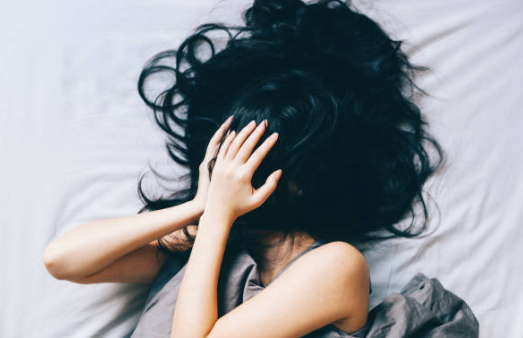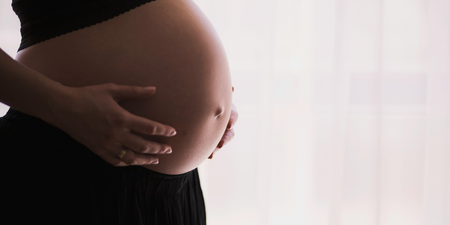This story originally appeared as part of Her‘s Mental Health Month series in 2018.
Ahead of our Mental Health Month, we asked Her readers some questions about their own mental health and the services available to women in Ireland.
Thousands answered our Instagram poll revealing that almost three quarters (74 percent) have experienced a mental health related issue in the past, or are currently experiencing one now.
38 percent of those polled said that they had received treatment for their mental health. 88 percent said that they didn’t think there was enough support for people with mental illnesses in Ireland.
Among the most common mental health issues experienced by young people are anxiety and depression.
According to Mental Health Ireland, one in six people of any age will experience a disorder like anxiety in any given year – a number that has been steadily rising over the past two decades.

Anxiety might be one of the more common disorders, but that doesn’t mean that those suffering from it are actively seeking help.
Rather, many anxiety disorders go undiagnosed and untreated – a problem that is even more prominent for young women.
According to Scientific American Mind (SAM), 33 percent of women will be diagnosed with an anxiety disorder in their lifetimes compared to 22 percent of men. In the UK, women are twice as likely to be diagnosed with anxiety.
A survey conducted across Ireland in 2016 suggested that levels of psychological stress were higher among women, with more women and girls of all ages displaying more negative mental health symptoms.
A 2011 study suggested that anxiety disorders are not only more prevalent in women, but that they are also more debilitating in women too.
Similarly, the World Health Organisation (WHO) states that women are twice as likely to be affected by unipolar depression – the condition predicted to be the second leading cause of disability burden in the world by 2020.
They also state that depression may be more persistent in women over men in general, but more research is needed to confirm this.

So, why are women more likely to suffer from mental health issues like anxiety and depression?
While SAM suggests that the difference relates to hormonal issues as well as social and cultural distinctions, WHO refers to the “gender specific risk factors” that are at play when it comes to such disorders.
Gender based violence, income inequality, low social status, and sexual violence are factors that more often affect women more than men, with Post-Traumatic Stress Disorder (PTSD) rates being considerably higher in women.
It has also been suggested that women, being more prone to stress, are more likely to consider the implications and possibilities of a stressful situation.
In turn, this is likely to make anxiety manifest itself more intensely.
However, it’s important to note that gender bias is also at work here, as doctors are more likely to diagnose a woman with depression over a man, even if their symptoms are similar.
If you have been affected by any of the issues in this article you can contact Samaritans on 116 123 or email [email protected]

















































